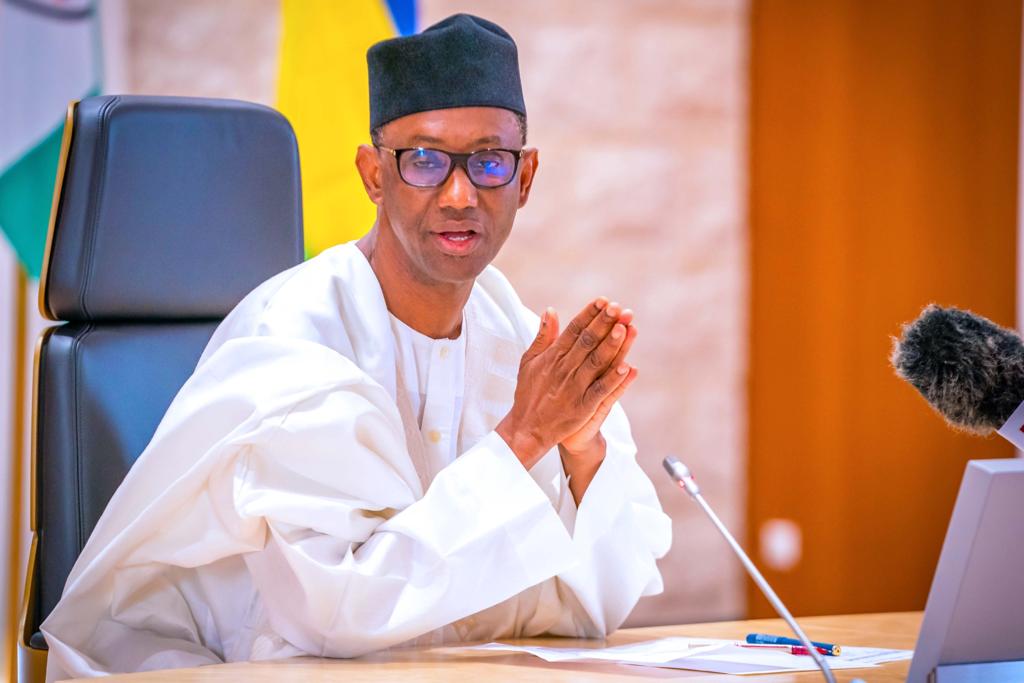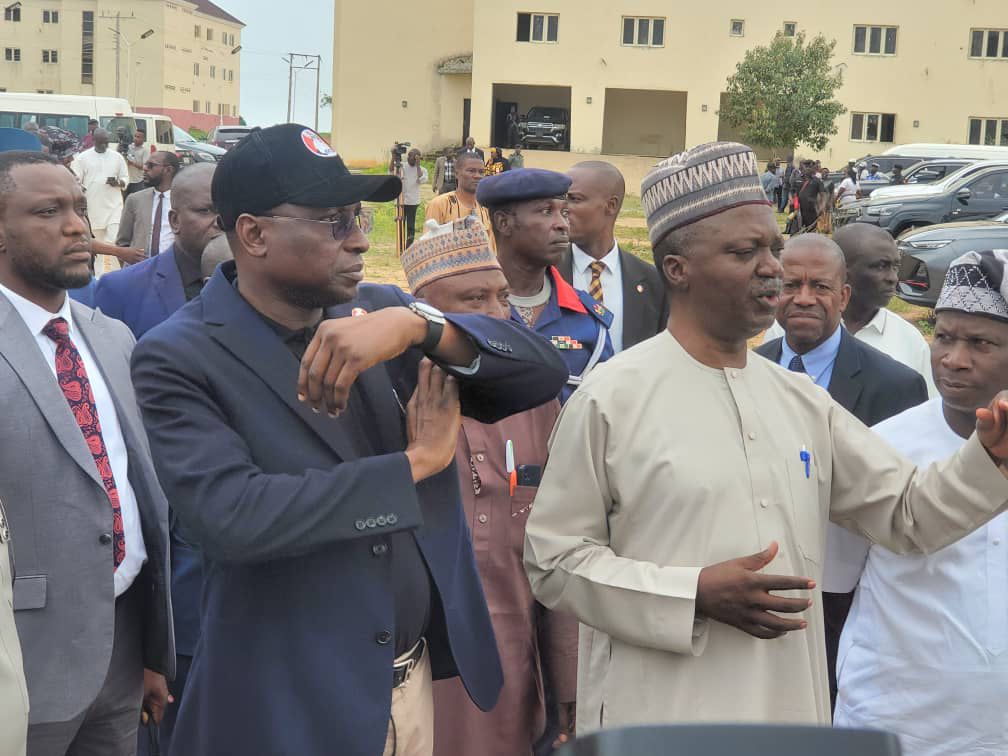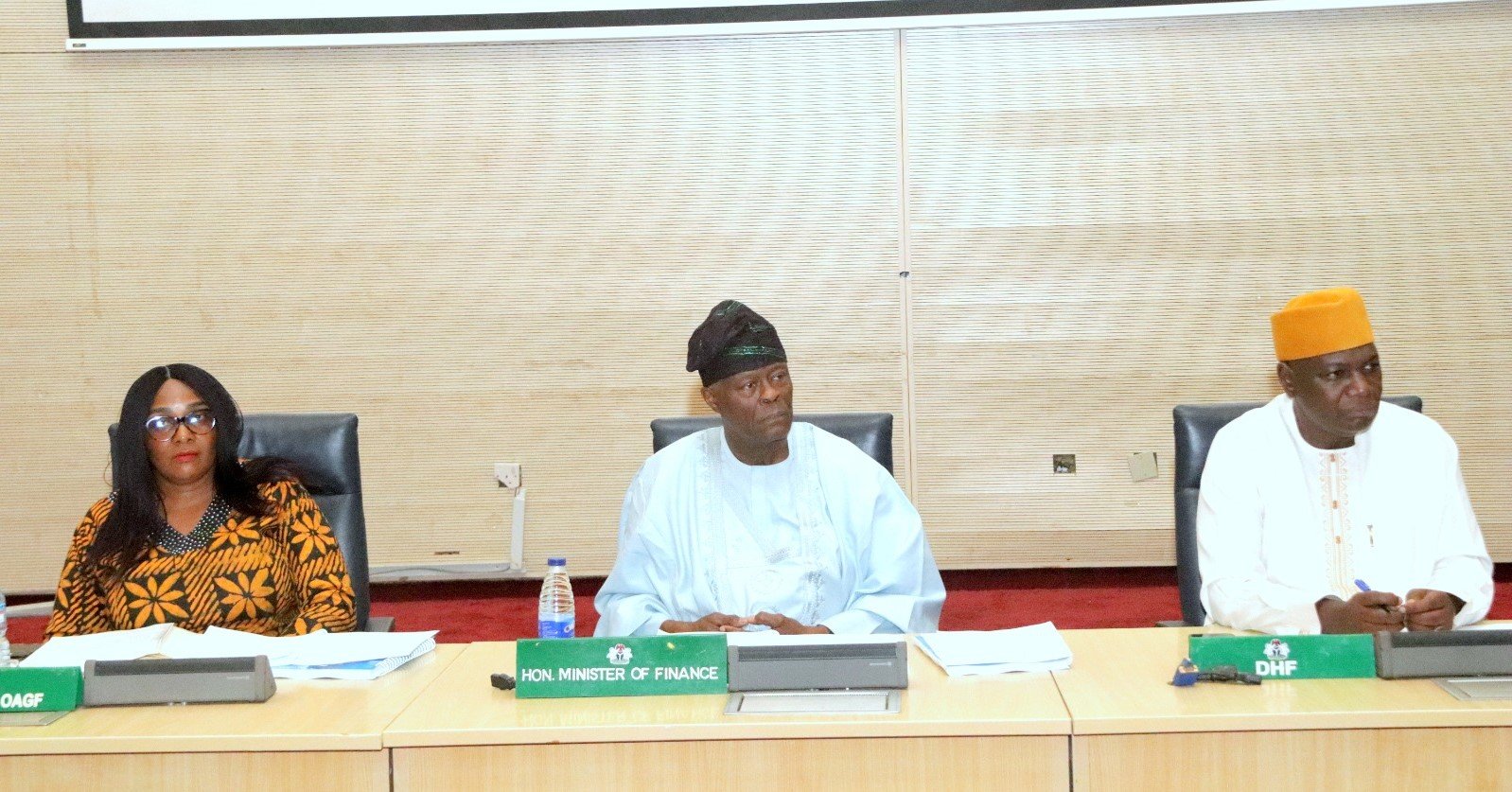The deployment of 4,000 trucks by the Dangote Petroleum Refinery to enhance fuel distribution across Nigeria has sparked a nationwide debate, drawing praise and skepticism from Nigerians.
Announcing the initiative, the company said the trucks will support efficient and uninterrupted delivery of petroleum products to critical sectors including aviation, manufacturing, telecommunications, and independent marketers across the country.
While many Nigerians have welcomed the development as a positive intervention in the downstream sector, others argue that the move addresses symptoms rather than structural challenges in the nation’s fuel logistics chain.
On social media, reactions gave been swift and varied.
Tajudeen Kareem, tweeting via @omoajingero, described the move as “commendable” but insufficyient. “This remains a token in solving the national malaise of old-fashioned distribution challenge. Let Dangote put his money into revamping the rail system that is cheaper and safer in transportation of fuel,” he wrote.
Olalekan Ajimoti warned of the potential for monopolistic dominance in the absence of healthy competition. “NNPC”, he noted, should be worried at this point. They should gear up with the refinery opening to create a direct competition before it becomes a monopoly,” he noted.
Obasa Sanmi, in his response, pointed to the role of intermediaries in distorting the supply chain. “Please Dangote, come up with a scheme like that for the distribution of cement. The middlemen are the profiteers. It’s time to chase them out,” he said.
Chijioke Nwankwo suggested the development could reset the balance in the fuel haulage industry. “Good development. The tanker drivers union that are going on strike because of the E-call up system at the refinery can now go and look for another job.
“Who told them this is a government refinery where they frustrate everything and make life unbearable for Nigerians?” he stated.
Gabriel Bolatito, tweeting as @Safety_Canal, believes the move could challenge long-standing interests in the market. “It’s very obvious fuel marketers will not like this approach because Dangote is ready to run them out of business. May Nigeria and Nigerians win this war,” he posted.
Others have raised concerns over safety and oversight. Ujay Enebeli called for strict regulatory intervention. “The authorities must hold him to account this time. They must insist on proper training and minimum qualifications for every driver. Can’t afford to have him use these trucks as just another empowerment program,” he said.
Mfonobong Petters drew attention to government neglect of infrastructure. “When FGN has refused to connect the whole nation by rail, what would Dangote do?” he asked.
The Dangote Petroleum Refinery, which began production in early 2024, is Africa’s largest privately-owned refinery, with a processing capacity of 650,000 barrels per day. It has been projected to significantly reduce Nigeria’s reliance on imported petroleum products.
However, even with its refining capabilities, challenges remain. Poor road infrastructure, congestion at loading points, and the absence of a functional national rail distribution network continue to undermine fuel transportation and delivery.
Industry experts have repeatedly advocated for a transition from road-based fuel distribution to more sustainable alternatives such as pipelines and rail, which offer safer, cheaper, and more reliable solutions.
Yet, in the absence of these systems, road transport remains the only viable option for bulk fuel movement in Nigeria.
The deployment of 4,000 trucks, many of which are reportedly CNG-powered, has raised fresh questions about logistics dominance, fair competition, and pricing control in the downstream sector.
While the intervention is expected to ease immediate distribution pressures, analysts caution that such scale of private control must be balanced with regulatory vigilance to protect consumers and smaller players.
The move comes amid rising public anxiety over fuel prices, following the government’s subsidy removal policy and ongoing foreign exchange reforms.
With inflation surging and the cost of living climbing, Nigerians are watching closely to see whether Dangote’s latest intervention will bring real relief or merely shift the pressure points elsewhere in the supply chain.
As implementation begins, attention will turn to the effectiveness of this strategy and whether it marks a turning point in Nigeria’s long-troubled fuel distribution system.












